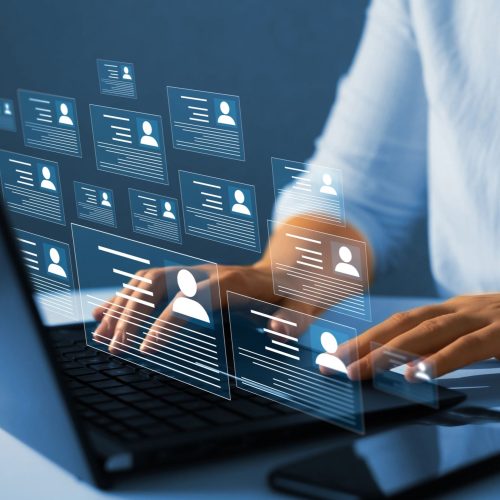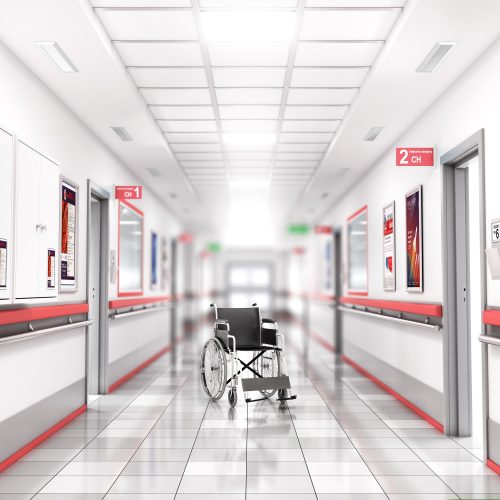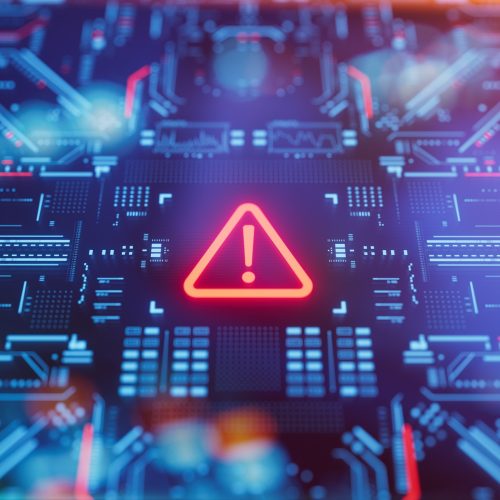Healthcare Law Alert: New Law Grants Immunity to Health Care Professionals and Facilities Treating COVID-19
April 15, 2020
On April 14, 2020, Bill S2333/A3910 was signed into law by Governor Phil Murphy to provide immunity from civil and criminal liability for certain malpractice claims alleging injury or death incurred during the public health emergency and state of emergency declared by the Governor in Executive Order 103 issued on March 9, 2020 (EO 103) in response to the COVID-19 pandemic. The new Law also authorizes temporary reinstatement and recertification of certain professional certifications. The legislative intent of the Law is to ensure that there are no impediments to providing medical treatment related to the COVID-19 emergency and that all medical personnel supporting the COVID-19 response are granted immunity. However, medical care rendered in the ordinary course of medical practice, including, for example, orthopedic procedures, OB/GYN services, and necessary cardiological procedures, will not be granted immunity.
Under the new Law, retroactive to March 9, 2020, (1) a health care professional will not be liable for civil damages for injury or death alleged to have been sustained as a result of an act or omission by the professional in the course of providing medical services in support of New Jersey’s COVID-19 response; and (2) a health care facility or a health care system that owns or operates more than one health care facility will not be liable for civil damages for injury or death alleged to have been sustained as a result of an act or omission by one or more of its agents, officers, employees, servants, representatives or volunteers, if, and to the extent, such agent, officer, employee, servant, representative or volunteer is immune from liability pursuant to the new Law. Immunity from civil liability will also be granted to any act or omission undertaken in good faith by a health care professional, healthcare facility or health care system to support efforts to treat COVID-19 patients and to prevent the spread of COVID-19, including but not limited to engaging in telemedicine or telehealth, and diagnosing or treating patients outside the normal scope of the health care professional’s license or practice. However, no immunity will be granted to any act or omission constituting a crime, actual fraud, actual malice, gross negligence, recklessness, or willful misconduct.
The new Law also provides that a health care facility or a health care system will not be criminally or civilly liable for damages for injury or death alleged to have been sustained as a result of an act or omission by the facility or system or one or more of the facility’s or system’s agents, officers, employees, servants, representatives or volunteers during the public health emergency and state of emergency declared in EO 103 in connection with the allocation of mechanical ventilators or other scarce medical resources, if the health care facility or system adopts and adheres to a scarce critical resource allocation policy that at a minimum incorporates the core principles identified by the New Jersey Commissioner of Health in an executive directive or administrative order. Furthermore, the health care facility’s or system’s agents, officers, employees, servants, representatives and volunteers will not be civilly or criminally liable for an injury caused by any act or omission pursuant to, and consistent with, such policy.
In addition, the new Law authorizes the Commissioner of Health, for the duration of the state of emergency or public health emergency declared in EO 103, to issue a provisional certification to any emergency medical technician whose certification has expired, issue a provisional certification to any paramedic whose professional certification expired within the past five years, temporarily reactivate the certification of a paramedic that was placed on inactive status within the past five years, and grant temporary reciprocity to certain paramedics licensed in another state or who hold a provisional certification issued by the National Registry of Emergency Medical Technicians.
For more information, please contact:
John D. Fanburg, Managing Member and Chair, Healthcare Law, at 973-403-3107 or jfanburg@bracheichler.com
Carol Grelecki, Member, Healthcare Law, at 973-403-3140 or cgrelecki@bracheichler.com
Joseph M. Gorrell, Member, Healthcare Law, at 973-403-3112 or jgorrell@bracheichler.com
Edward Hilzenrath, Associate, Healthcare Law, at 973-403-3114 or ehilzenrath@bracheichler.com
Related Practices: Healthcare Law
Related Attorney: John D. Fanburg, Carol Grelecki, Joseph M. Gorrell, Edward Hilzenrath











